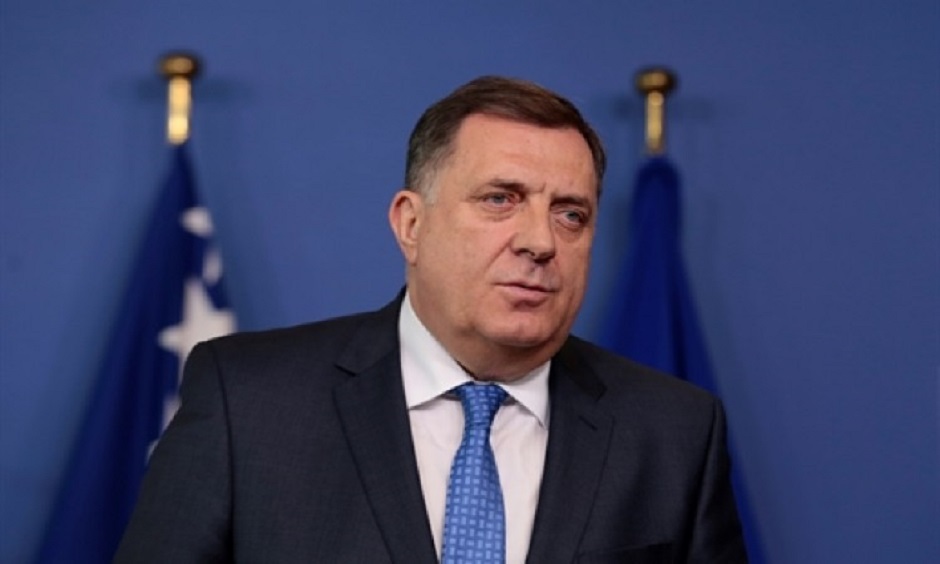
Citizens of the Serb-majority region in Bosnia will decide on whether to join NATO in a referendum and the right to do so was affirmed in the Reform Programme the country sent to the alliance recently, Bosnian Serb leader Milorad Dodik said on Monday.
Bosnia sent the document in December, ending a deadlock between the three members of the country's Presidency which kept the country from forming a new government for more than a year after the October 2018 election.
According to earlier decisions, the country was supposed to send the Annual National Programme (ANP) to the alliance, which would represent the next step toward membership.
But NATO remains unpopular with Serbs in both Serbia and in Bosnia's Serb-majority semi-autonomous entity of Republika Srpska (RS) since the alliance launched airstrikes against the Bosnian Serbs during the 1992-95 Bosnian war and against the Serbian military in 1999 during the conflict between Belgrade and ethnic Albanians in Kosovo.
Bosnian Serb Presidency Milorad Dodik was opposed to sending the document, while his Bosniak and Bosnian Croat colleagues insisted on it.
The three finally reached a compromise and the country sent a 'Reform Programme' instead of the ANP.
Bosnian Serb opposition parties immediately criticised Dodik, arguing that the Reform Programme is the same as the ANP and accusing him of pushing the country into NATO.
"The RS has the intention to have any decision regarding the military integration with NATO be the subject of a referendum for the people to decide," Dodik said during his speech at an event at the Kozara barracks for Orthodox Christmas.
He reiterated the RS decision on military neutrality.
The Reform Programme which Bosnia recently sent to the alliance "affirms the right to decide on the issue and that no decision on integration will be made without the Presidency of Bosnia and Herzegovina and the Parliamentary Assembly," he said.
"We didn't have that in any other document," he added.
Dodik explained that there are several reasons for his opposition to NATO membership, with the primary one being that Serbs had a "negative experience" with the alliance.
"If we would forget that they bombed us, then we would justify it," he said.
The RS will not allow for a NATO border to be set up on the Drina river, which is the border with Serbia, he said.
Kakvo je tvoje mišljenje o ovome?
Učestvuj u diskusiji ili pročitaj komentare





 Srbija
Srbija
 Hrvatska
Hrvatska
 Slovenija
Slovenija







